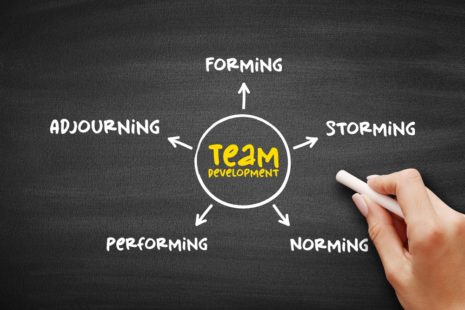What qualifications and certifications should I look for in a life coach?
Choosing a life coach is an important decision, and it’s essential to find someone who is qualified and well-suited to meet your needs. While there isn’t a universally recognized standard for life coaching qualifications, there are several factors you can consider:
-
Training and Education
-
- Look for a life coach who has completed a recognized coaching training program. Programs accredited by organizations like the International Coach Federation (ICF) are generally well-regarded.
- A background in psychology, counseling, or a related field to your own can also be valuable, but it’s not a strict requirement. It is important to note; there is a distinct difference between counseling and coaching.
-
Certifications
-
- Although not mandatory, certifications from reputable coaching organizations can be a good indicator of a coach’s commitment to professional development. The ICF, for example, offers different levels of certification, such as Associate Certified Coach (ACC), Professional Certified Coach (PCC), and Master Certified Coach (MCC).
-
Experience
-
- Consider a coach’s experience in working with clients, especially those facing challenges similar to yours. Ask for references and testimonials from previous clients.
- Some coaches specialize in specific areas such as career coaching, relationship coaching, or executive coaching. Choose a coach whose expertise aligns with your goals.
-
Ethics and Professionalism
-
- Ensure the coach adheres to a professional code of ethics. The ICF, for instance, has a code of ethics that its members are expected to follow.
- Verify that the coach maintains confidentiality and has a clear structure for sessions.
-
Compatibility and Style
-
- Assess the coach’s coaching style and approach to ensure it resonates with you. Some coaches are more directive, while others take a more collaborative approach. Choose a style that matches your preferences.
-
Continuous Professional Development
-
- A good life coach is committed to ongoing learning and development. Inquire about their efforts to stay updated on coaching techniques and industry trends.
-
Feedback and Reviews
-
- Read reviews and testimonials from other clients. This can provide insights into the coach’s effectiveness and the impact they have had on their clients’ lives.
-
Cost and Logistics
-
- Understand the coach’s fees, session structure, and any other logistical details. Ensure that these aspects align with your budget and schedule.
Conclusion
Remember that the coaching relationship is a personal one, so take the time to have an initial consultation with potential coaches to assess your compatibility and comfort level with them. Trust your instincts and choose a coach who you feel is the best fit for your needs.






